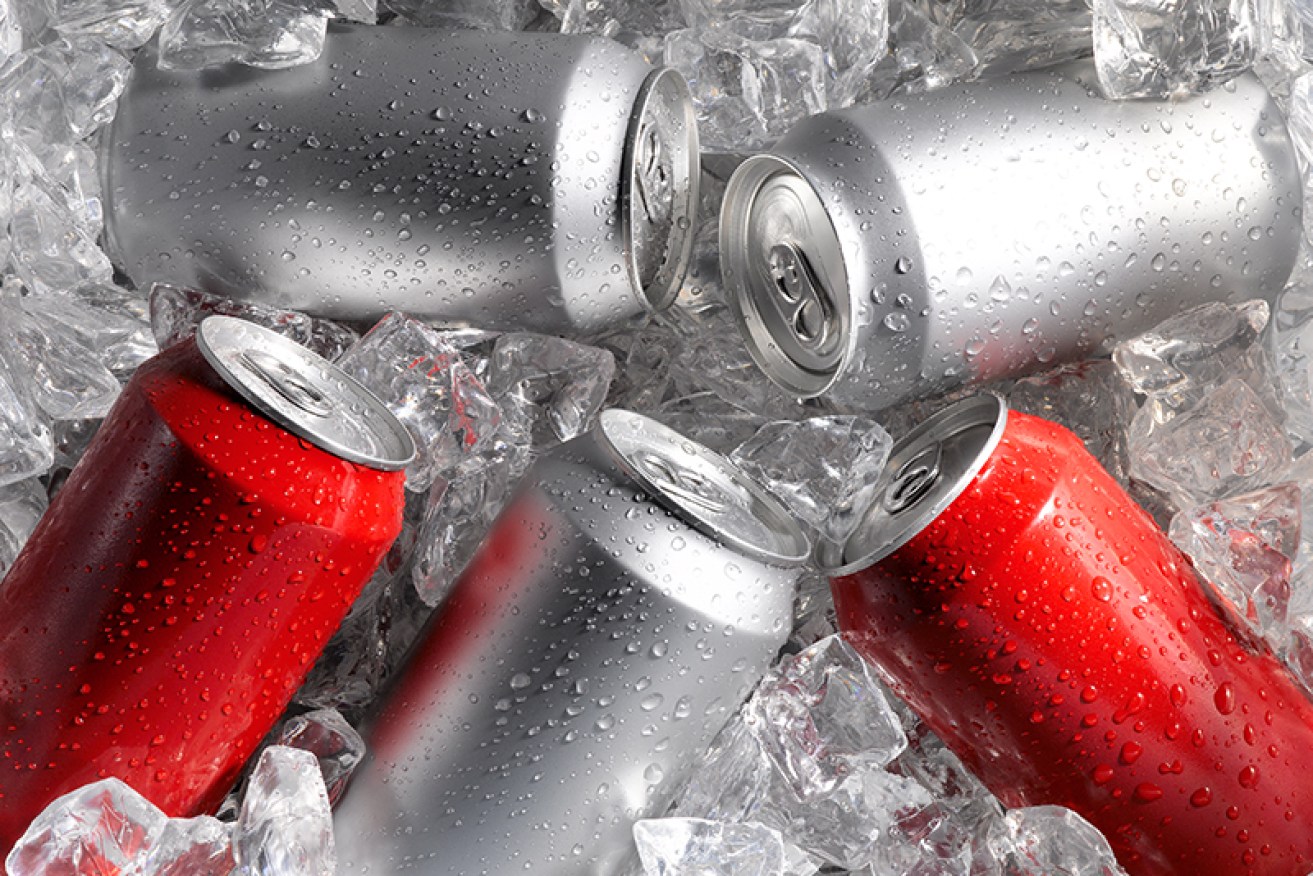Think diet soft drinks are good for you? Think again

Getty
Australians may be harming their teeth in an effort to shrink their waistlines by slurping on diet soft drinks.
On Thursday, Melbourne University’s Oral Health Cooperative Research Centre released a briefing paper warning that many Australians were unaware that chemicals in artificially sweetened drinks cause tooth erosion.
“Consumers should be aware that many sugar-free products are potentially harmful to teeth due to their chemical composition,” the report said.
• How often should you brush your teeth?
• The very worst things you can do to your teeth
The centre’s director said the problem seemed to be worsening, with an estimated one-in-three children suffering from acid-caused tooth erosion.
“Many people are not aware that while reducing your sugar intake does reduce your risk of dental decay, the chemical mix of acids in some foods and drinks can cause the equally damaging condition of dental erosion,” Professor Eric Reynolds told AAP.
“It really appears it’s becoming a bigger problem and that we are seeing more sugar-free products.”
The briefing paper was founded on previous scientific studies. For example, an Australian study from 2009 tested the erosive potential of 15 drinks commonly sold in school canteens – 12 sugared and three sugar-free.
The researchers poured the drinks over human teeth and then analysed the damage. It found no difference between the harmful potential of the sugar-free drinks and the sugared drinks.
Another study published in 2009 agreed that sugar-free soft drinks can be just as erosive as sugar-containing soft drinks.
A spokesman for the Australian Dental Association said many consumers might be under the misapprehension they were protecting their teeth by switching to sugar-free drinks.
“I think many people for various reasons would be going to no-sugar, artificially sweetened drinks because of general health, but also sometimes the message about sugar and decay is becoming better known and so they probably think they’re helping that,” Associate Professor Neil Hewson told The New Daily.
How the damage is caused
Diet soft drinks contain artificial sweeteners such as aspartame and, more recently, stevia.
These sweeteners are acidic and may erode tooth enamel by dissolving the hard tissues of the teeth. The acid can strip away the protective layer of enamel, which is the visible part of our teeth.
Once the enamel is weakened, the acid can then attack the deeper dentine layers and even reach the tooth pulp, requiring fillings, crowns and other expensive treatments.
The Australian Dental Association spokesman said the diet soft drink consumers most at risk of erosion were those who drank lots, those who sipped on it slowly and those who drank it on a dry mouth (as saliva protects against erosion).
“The message is drink them quickly and infrequently,” Assoc Prof Hewson said.
How to know if a drink is erosive

Even clear soft drinks can do damage. Photo: Getty
Diet soft drinks are erosive because they contain high levels of food acids, Melbourne University’s briefing paper explained.
These acids are difficult to identify, as they are listed by their ingredient codes.
Here are some of the common codes:
338 (phosphoric acid)
336 (tartrates)
331 (sodium citrate)
330 (citric acid)
The ADA spokesman said it would be “helpful” if the acids in sugar-free products were more clearly labelled.
It’s not just diet coke
Any food product that contains artificial sugars can erode teeth.
The University of Melbourne briefing paper also blamed sugar-free lollies, lozenges, fruit chews and mints as potential culprits.
While sugar-free drinks are harmful, they can only cause one type of tooth damage.
Sugary drinks are doubly acidic. This is because their food acid content erodes enamel, while the sugar is also fermented by bacteria in the mouth, releasing extra acid.
In 2008, the World Dental Federation declared that products containing sugar substitutes reduced the risk of bacteria-caused tooth damage.
-with AAP









